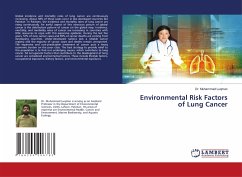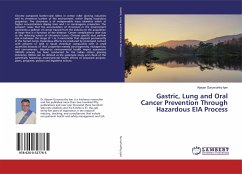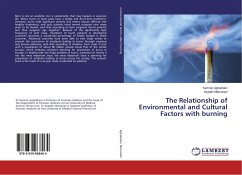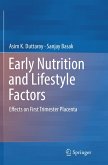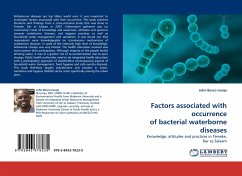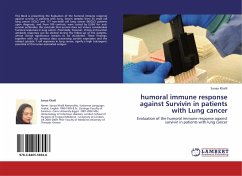Global incidence and mortality rates of lung cancer are continuously increasing. About 58% of these cases occur in less developed countries like Pakistan. In Pakistan, the incidence and mortality rates of lung cancer are rising continuously. An awful aspect of this atrocious picture of global cancer is the distribution pattern of cancer on the global map. Incidence, mortality, and morbidity rates of cancer are increasing in countries with little resources to cope with this expensive epidemic. During the last five years, 57% of new cancer cases and 65% of cancer deaths are coming from developing countries. Under-developed nations lack a reliable cancer registry and the majority of cancer cases and deaths remain unreported. The expensive and non-predictable treatment of cancer puts a heavy economic burden on the poor class. The best strategy to provide relief to this population is to find out underlying causes, which contribute to lung cancer. All non-genetic factors that contribute to the development of lung cancer are considered environmental factors. These include lifestyle factors, occupational exposures, dietary factors, and environmental exposures.
Bitte wählen Sie Ihr Anliegen aus.
Rechnungen
Retourenschein anfordern
Bestellstatus
Storno

